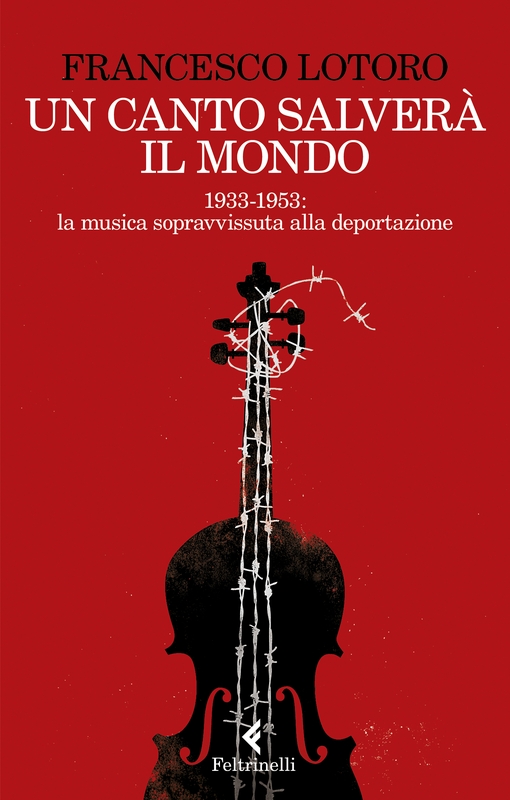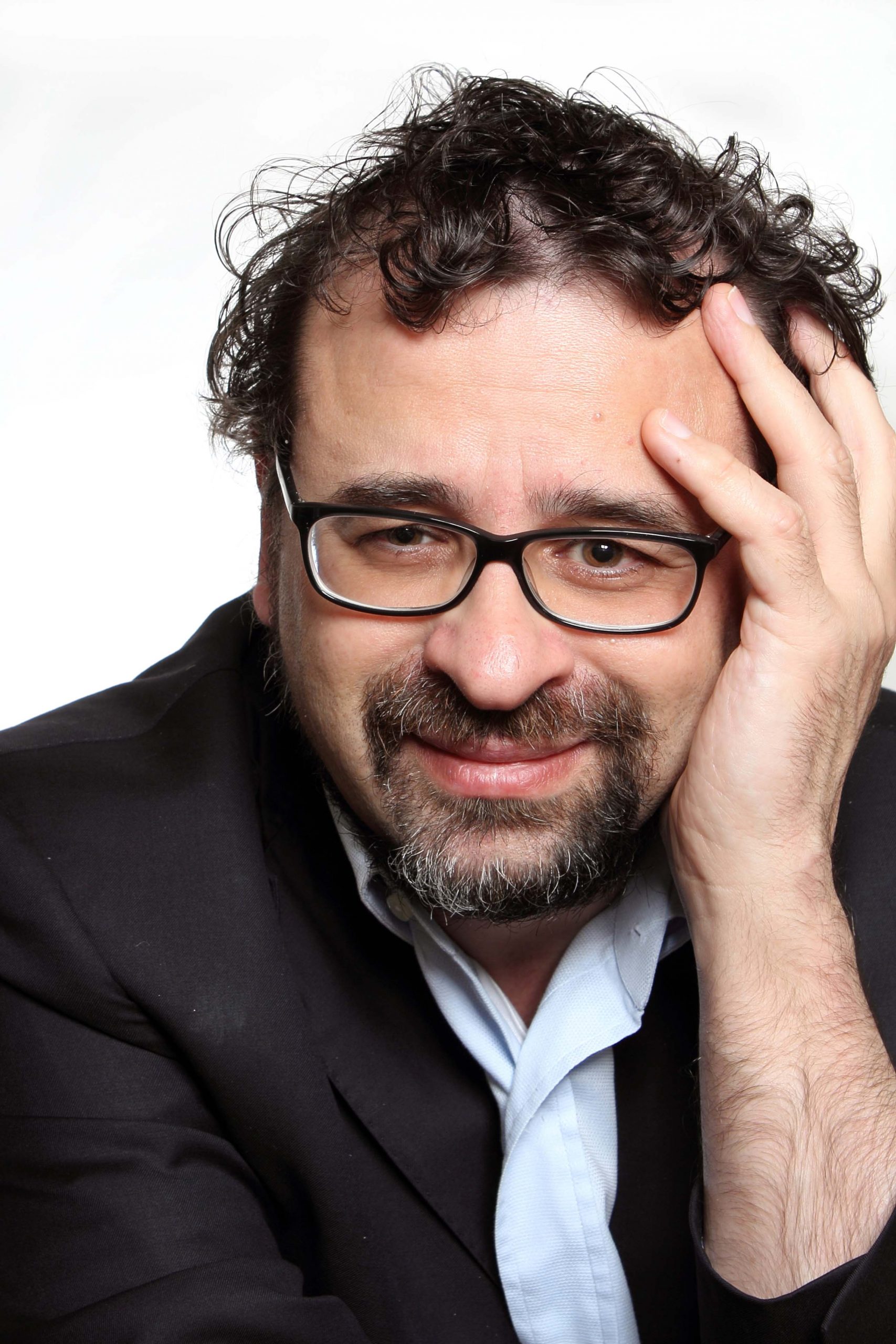The Lost Music of the Holocaust
Music That Survived The Holocaust
Francesco Lotoro

Italian pianist and composer Francesco Lotoro has been on a lifelong quest to find the music written by the inmates of concentration camps during the Second World War. Lost Music of the Holocaust movingly pieces together the stories of those whose only solace during their imprisonment was their music.
These incredible stories bear witness to the most devastating experiences in twentieth-century history—but here music was a lifeline that had to be hidden with ingenuity and so sheet music was sewn into the lining of coats, instruments were taken apart and hidden in suitcases, scores written on food wrappings and prison walls.
Lotoro has painstakingly salvaged and performed symphonies, operas and songs written by the incarcerated musicians, many of whom died in the camps, not expecting their music could ever be known or heard by the world. He has travelled the globe to meet with the families of those who lost their lives, as well as survivors themselves. This compelling book takes readers on a journey into some extraordinary lives and music, shining a light on a unique beauty that somehow prevailed against all odds.
Born in 1964 in Barletta (Italy), Francesco Lotoro is a pianist, composer and conductor, and piano professor at the conservatory of Bari. In 1995 he founded the Musica Judaica Orchestra and has been involved in recovering, studying, revising, archiving, executing and recording scores produced in concentration, extermination and civil and military imprisonment camps all over the world, spanning from the rise of National Socialism to the fall of Soviet Stalinism.
This music belongs to mankind, it is not mine. I’m just the person who tracked it down. It should be shared with the world again, and that means playing it as one plays any type of music, be it Chopin, jazz or country music. If we don’t play it, it will be as if it were still imprisoned in the camps.
The music proliferated in the Camps is incalculable in quantity and value. The 8,000+ scores recovered so far could one day prove to be only a fragment of what has been created in the more than twenty years that passed from the Dachau Lager to the closing of the Kolyma Gulag.
Music is the most culturally transversal element known to man. It has the unique power to cross the furrows that separate doctrines and religions and to unite the concentrationary universe under the sign of its language.
Music marks the triumph of the common human imprint over the devastating ideologies of the twentieth century.
At the epilogue of every tragic epochal event in history, from the destruction of the Second Temple of Jerusalem to the fall of the Western Roman Empire, scribes, drafters and monks set to work in order to save, encode, retrieve, and put to paper. In their hands, history becomes a safe of human knowledge, a vault of spiritual treasures, of a people or an entire generation.
It’s up to musicians – scribes of sound – to safeguard the canteen of musical literature that comes to us from the concentrational universe. We restore dignity to these musicians when we save their music, their most beautiful and fascinating dimension. This amounts to saving a life in its meta-historical and metaphysical sense.
Rights sold:
Hungary (Europa)
UK (Headline)

